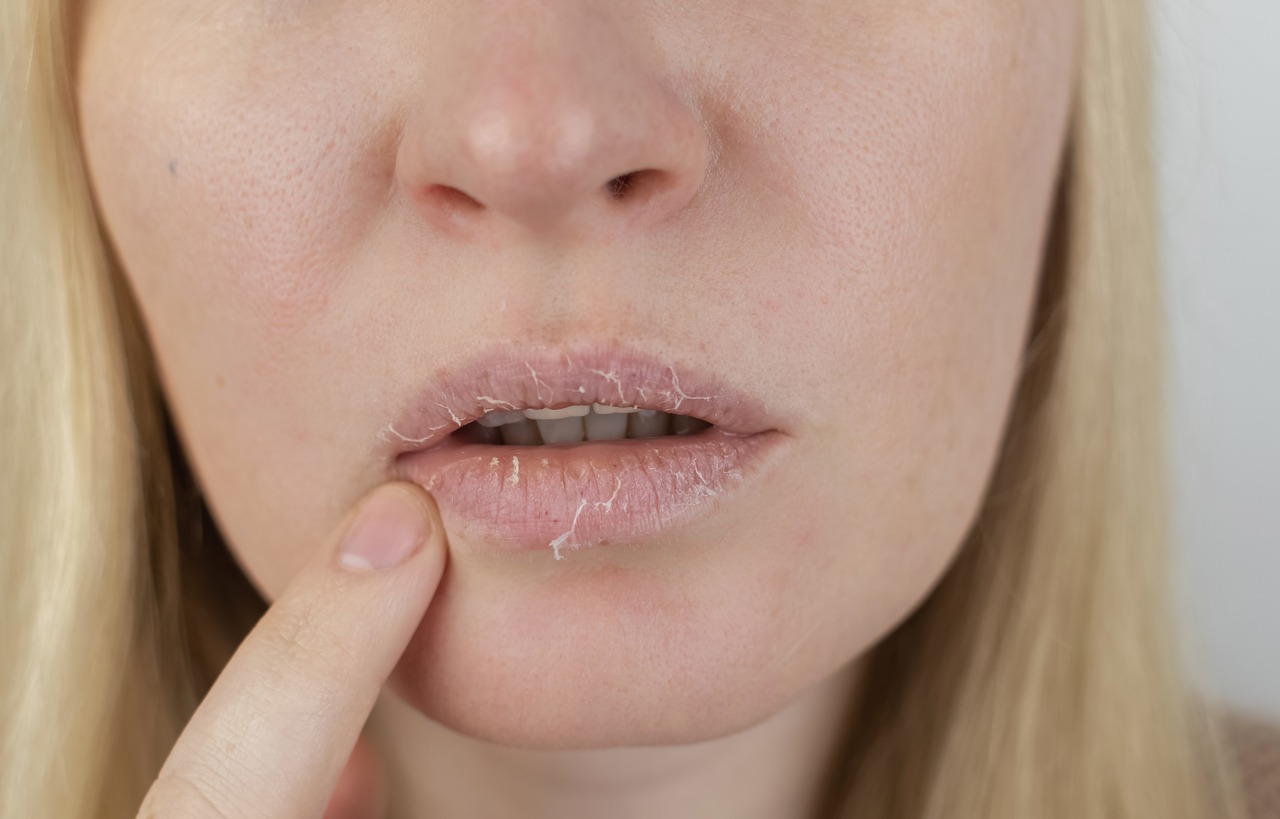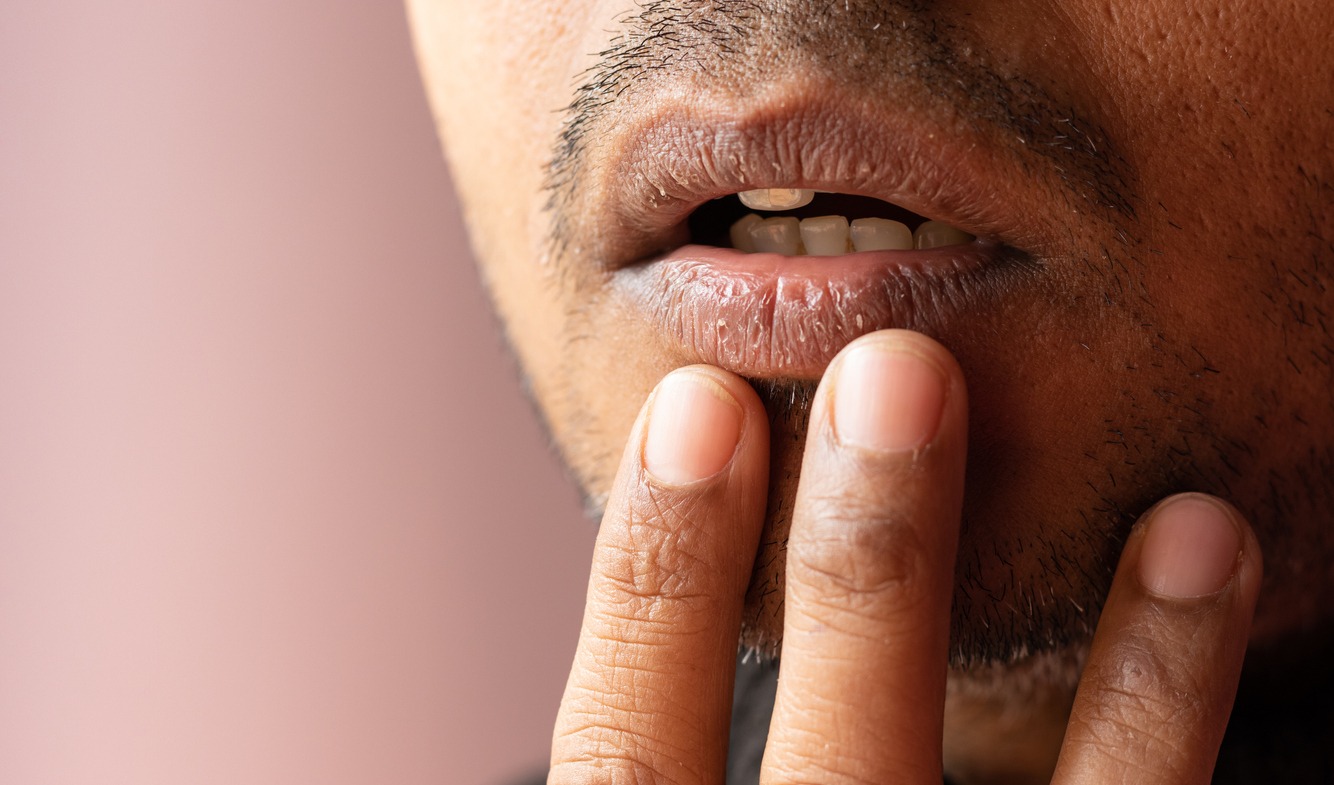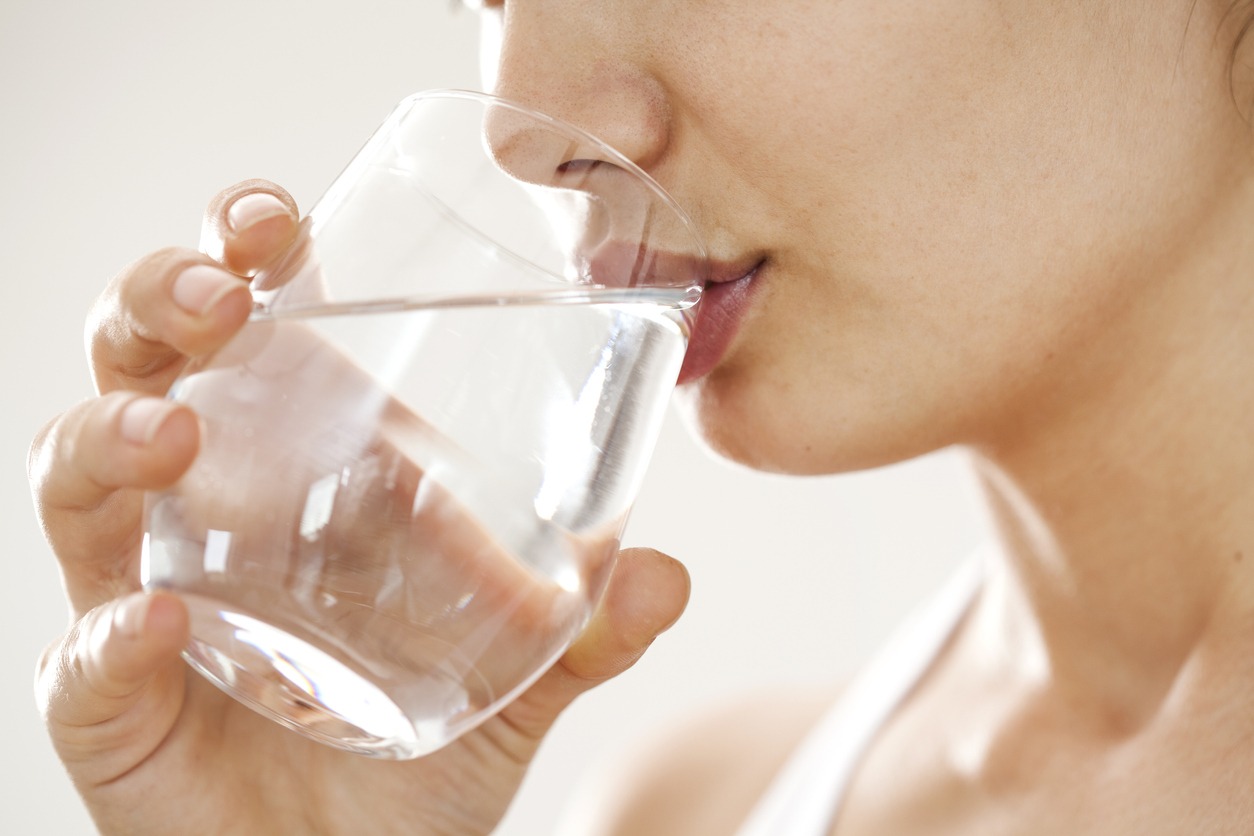Disclaimer: This article is for informational and educational purposes only and does not substitute professional medical advice. It is important to always consult a medical professional for any health issues.
Saliva is needed to moisten and cleanse the mouth, as well as to digest food. In addition to that, it helps prevent infection by controlling bacteria and fungi in the mouth. This means that when you do not produce enough saliva, your mouth may become dry and uncomfortable. A dry mouth occurs when the glands that produce saliva are not working well.
A dry mouth is medically known as xerostomia or hyposalivation. While it is not considered an official diagnosable condition, it is sometimes a sign of another health issue. If you often experience dry mouth, it is important to consult your doctor to determine the cause. Your doctor will review your medical history and all the medications you are taking and then examine your mouth. There may also be other tests required to be done to know the underlying cause of your xerostomia.
Having a dry mouth can be an uncomfortable experience for a lot of people. Luckily, there are treatments, prevention methods, and home remedies that may help provide relief for those who are suffering from it. If you are curious about these, you’re in the right place. In this post, we are giving you some of the treatments and prevention methods for dry mouth.
Symptoms of Dry Mouth
A dry mouth is a condition where there is not enough saliva in the mouth. It may contribute to dental decay, gum disease, and infections. Below are some of the signs and symptoms of dry mouth: [1]
– Sticky and dry feeling in the mouth
– Frequent thirst
– Mouth sores or torn skin at the corners of the mouth
– Cracked lips
– Dry feeling in the throat
– Burning or prickly sensation in the mouth and on the tongue
– Dry, red, and raw tongue
– Bad breath
– Dry nasal passages
– Sore throat
– Hoarseness
– Difficulty speaking, tasting, chewing, and swallowing
In addition to these symptoms, dry mouth may also raise your risk of gingivitis, mouth infections, and tooth decay.
Possible Causes of Dry Mouth
As we’ve mentioned earlier, dry mouth can be caused by various things, and consulting your doctor is the best way to determine this. To give you some ideas, below are the possible causes of dry mouth: [1]
Medication Side Effect
Many prescription and nonprescription drugs may have dry mouth as a side effect. These include medications used to treat anxiety, depression, allergies, pain, colds, acne, epilepsy, hypertension, obesity, nausea, psychotic disorders, asthma, and Parkinson’s disease. In addition to these, it may also be a side effect of sedatives and muscle relaxants.
Disease and Infection Symptom
A dry mouth may also be a sign of certain medical conditions, such as diabetes, anemia, rheumatoid arthritis, hypertension, stroke, mumps, and cystic fibrosis. That is why it is important to reach out to your doctor when you often experience dry mouth in order to prevent the development and worsening of these diseases or infections.
Medical Treatments Side Effect
There are medical treatments, such as chemotherapy treatments for cancer and radiation to the head and neck, that may damage the salivary glands. These are the glands that make saliva. If they are damaged, the amount of saliva produced is reduced, which may lead to dry mouth.
Nerve Damage
A dry mouth may also be a result of nerve damage to the neck area and the head due to surgery or an injury.
Dehydration
There are certain conditions that may lead to dehydration, such as excessive sweating, vomiting, diarrhea, blood loss, burns, and fever. All of these conditions may cause dry mouth.
Lifestyle
Some lifestyle practices, such as smoking or chewing tobacco, may also affect how much saliva you produce. These may aggravate dry mouth. Aside from that, breathing with your mouth open may also contribute to the problem.
Treatments for Dry Mouth
The treatment for dry mouth depends on its cause. That is why visiting your dentist or doctor is important in order to diagnose its causes and provide you with the right treatments. Below are some of the treatment options that your dentist or doctor may recommend: [2]
Change Medications Causing Dry Mouth
If your doctor or dentist rules out that a certain medication you are taking is causing your dry mouth, he or she may adjust the dosage of that medication or switch you to another medication that does not cause a dry mouth.
Recommend Products to Moisturize Mouth
There are also certain products that your doctor or dentist may recommend to treat your dry mouth. These may include over-the-counter or prescription mouth rinses, artificial saliva, or moisturizers that may help lubricate your mouth. There are mouthwashes that are made for dry mouth, and they often contain xylitol, which is effective and may also provide protection against tooth decay.
Prescribe Medication to Stimulate Saliva
If you are experiencing severe dry mouth, your dentist or doctor may prescribe you medicines that will help with saliva stimulation. Some examples of these are pilocarpine and cevimeline.
Provide Teeth Protection
In order to avoid cavities, your dentist might recommend fluoride trays, which you fill with fluoride and wear on your teeth at night. Your dentist may also recommend you use chlorhexidine rinse to control cavities.
Home Treatments and Prevention Methods for Dry Mouth
In addition to the treatments that your dentist or doctor may prescribe you, there are also some home treatments that you may try, which may help relieve your dry mouth. But keep in mind that these remedies are not proven to cure dry mouth and are only useful for relief: [3]
Drink Plenty of Water
Sipping water and making sure that you stay hydrated is one of the best ways to relieve dry mouth. According to studies, dehydration is one of the factors that contribute to dry mouth. Therefore, increasing your water intake may help treat mild dehydration and relieve dry mouth.
Avoid Certain Medicines
More than 90% of dry mouth cases are caused by certain medicines. Based on a study, some of the common types of medicines that may cause dry mouth are antihistamines, bronchodilators, antihypertensives, and hormone medications. Therefore, if you think your medication is causing your dry mouth, talk to your doctor. Do not stop taking them without the approval of your doctor.
Stop Dehydrating Habits
If you often experience dry mouth, maybe you need to stop dehydrating habits. Below are some of them:
Caffeine: Caffeinated drinks can be dehydrating. Based on studies, drinking coffee or tea may cause dry mouth.
Alcohol: Alcoholic beverages may also cause dehydration, which can lead to dry mouth. Therefore, when experiencing dry mouth, it is better to drink water instead of alcohol.
Smoking: Smoking can also cause dehydration and dry mouth. Therefore, cutting down or quitting may help reduce the symptoms of dry mouth. According to a study in 2014, smoking can increase dry mouth issues.
Sugar: Sugar may also cause dehydration, like alcohol, caffeine, and smoking. Therefore, if you can try cutting down on sugary foods, it is better to reduce dry mouth problems.
Suck on Sugarless Candies and Chew Sugar-Free Gums
Sucking on a sugar-free candy may give some relief from a dry mouth. These include lozenges, cough drops, and other similar candies. Aside from candies, you can also chew some sugar-free gums that contain xylitol, as this helps stimulate the production of saliva.
Avoid Breathing Through the Mouth
One of the things that can make your mouth dry is mouth-breathing. Aside from that, it may also cause other oral health problems. That is why it is better to breathe using your nose more often than your mouth, especially when you are struggling with dry mouth discomfort.
Use a Humidifier
Creating humidity may also help a dry mouth by adding more moisture to the environment. Based on a study, humidification could moderately improve dry mouth syndrome. Therefore, running a humidifier at night may reduce your discomfort and improve your sleep.
Conclusion
A dry mouth is indeed an uncomfortable condition to deal with. While it is not life-threatening, people who experience it should still see a doctor immediately in order to rule out and determine what is causing their dry mouth. It’s because it can be a serious issue, and treating the underlying condition is more effective than just finding relief for your dry mouth. We hope this post helped you learn more about the treatments and prevention methods for dry mouth.
If you are also suffering from cold sores, you might want to check our Best Ointments and Creams for Cold Sores for the best tips and recommendations.
References
[1] Frisbee, E. (2021, July 29). Dry mouth: Causes, risks, and treatments. WebMD. Retrieved March 5, 2023, from https://www.webmd.com/oral-health/guide/dental-health-dry-mouth
[2] Mayo Clinic. (2018, February 1). Dry mouth. Mayo Clinic. Retrieved March 5, 2023, from https://www.mayoclinic.org/diseases-conditions/dry-mouth/diagnosis-treatment/drc-20356052
[3] White, A. (2019, March 8). Dry mouth remedies: Home and natural remedies that work. Healthline. Retrieved March 5, 2023, from https://www.healthline.com/health/dry-mouth-remedies





